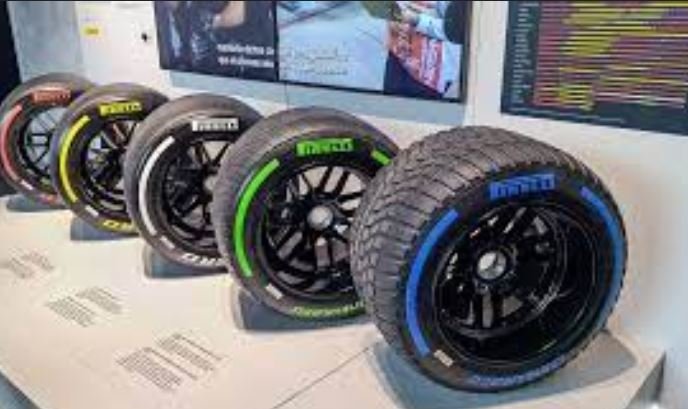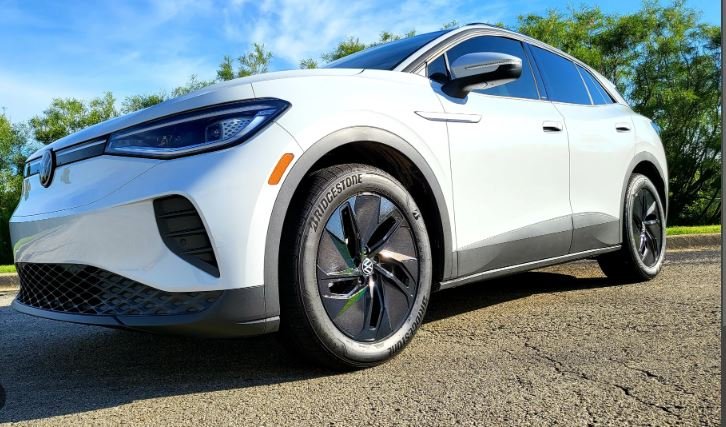Choosing the right type of tire is crucial for your vehicle’s performance, safety, and comfort. Different tire types are designed to meet various driving conditions and requirements. This guide explores the main types of tires, their characteristics, and their applications to help you make an informed decision for your vehicle.

1. All-Season Tires
All-season tires offer a versatile performance, providing a balanced ride across various weather conditions. They are designed to handle moderate rain, light snow, and dry pavement. These tires are ideal for drivers who experience mild weather changes throughout the year. They offer convenience and cost-effectiveness but may not perform as well in extreme weather conditions compared to specialized tires.
2. Summer Tires
Summer tires are engineered for optimal performance in warm and dry conditions. They provide excellent traction on both wet and dry roads, thanks to their specialized tread patterns and rubber compounds. Summer tires are ideal for drivers who live in regions with hot, dry climates or those who seek enhanced handling and cornering performance. However, they may not perform well in icy or snowy conditions.
3. Winter Tires
Winter tires are designed for maximum traction in cold and snowy conditions. They feature deeper treads and special rubber compounds that remain flexible in low temperatures, providing better grip on snow and ice. Winter tires are essential for drivers in regions that experience severe winter weather. They offer improved safety and performance but are not suitable for warm or dry conditions.
4. All-Terrain Tires
All-terrain tires are versatile tires designed for both on-road and off-road driving. They feature a rugged tread pattern that provides traction on various surfaces, including gravel, mud, and sand. All-terrain tires are ideal for drivers who frequently venture off the beaten path but also require reliable performance on paved roads. They offer a balance between off-road capability and on-road comfort.
5. Mud-Terrain Tires
Mud-terrain tires are designed for extreme off-road conditions, such as deep mud and loose sand. They feature large, aggressive tread patterns that provide superior traction in challenging terrains. Mud-terrain tires are suitable for off-road enthusiasts and drivers who regularly navigate rough and uneven surfaces. While they offer excellent off-road performance, they may produce more road noise and offer a rougher ride on paved roads.
6. Performance Tires
Performance tires are engineered for high-speed stability, responsive handling, and enhanced cornering ability. They are designed with a focus on traction and handling, making them ideal for sports cars and high-performance vehicles. Performance tires offer superior grip and control but may have a shorter lifespan and less comfort compared to other tire types.
7. Touring Tires
Touring tires are designed for comfort and a smooth ride. They often feature a more refined tread pattern and rubber compound to provide a quiet and comfortable driving experience. Touring tires are suitable for long-distance driving and everyday use, offering a balance between performance, comfort, and durability.
8. Run-Flat Tires
Run-flat tires are designed to continue functioning even after a puncture or loss of air pressure. They feature reinforced sidewalls that allow the tire to support the vehicle’s weight temporarily. Run-flat tires offer the convenience of driving to a service center without immediately needing a tire change. However, they may have a stiffer ride and higher cost compared to standard tires.
9. High-Performance All-Season Tires
High-performance all-season tires combine the versatility of all-season tires with enhanced handling and traction. They are designed to offer improved performance in both dry and wet conditions, making them suitable for sporty vehicles and enthusiastic drivers. These tires provide a balance between performance and practicality, offering reliable performance year-round.
10. Conclusion
Understanding the different tire types helps you choose the best option for your driving needs and conditions. Whether you need all-season versatility, winter traction, or off-road capability, selecting the right tire type ensures optimal performance, safety, and comfort. Regularly maintaining your tires and choosing the appropriate type for your driving conditions can enhance your vehicle’s overall performance and longevity.




